For many aspiring young goalies the dream is to play lacrosse for an NCAA Division I (DI) university.
I recently had the opportunity to chat with a goalie who is currently living that dream as DI goalie in the Patriot League.
Among other things we discussed his weekly routine, their team’s practice plans, his personal workout schedule, and how he and his team prepare for games.
If you’ve ever wondered what kind of work ethic you need to be a DI lacrosse goalie, the conversation and this post was a real eye-opener.
My bet is most goalies with the dream of playing DI ball don’t put in enough work. Read the post and determine for yourself.
Here is a week in the life of an NCAA DI goalie from his perspective. To avoid the hurdle of having to get clearance with his athletic department we’ve purposely left out his name and any reference to the university.
NCAA rules stipulate that you need to have one day off per week while your team is in season. Being on a Division I college lacrosse team we tend to use every hour that allowable trying to improve our team and ourselves.
I am a goalie so my week maps out a little differently then a lot of the other guys on my team, but the sentiment remains the same: Work Hard, Get Better, Win The Day.
To give you a basic breakdown before I get into specifics, a typical week consists of roughly 15 hours of practice time, 2-3 hours of film, 2-3 hours of required maintenance lifts, and 1 (potentially 2) games.
This is of course not including all extra wall-ball, getting extra shots, physical therapy, recovery, schoolwork, and required study hall. In total, I would say that individually I spend well over 40 hours a week doing lacrosse related activities.
Even though it may seem like a consistent schedule, every day is different. We could have practice at 6am one day and then at 7pm the next; this fortunately keeps it exciting (Not that it wouldn’t be otherwise).
Some people say that this is either monotonous, or too much for a bunch of 18-22 year olds. To those people I say this: You have no idea the feeling you get as you step onto your home field to take on an opponent!
The first thing I mentioned is the roughly 15 hours of practice we have per week. During the spring we practice on a more consistent time slot schedule generally alternating between a 1-4pm practice or a 4-7pm practice time.
What these practices consist of depends on a variety of things.
When our coaches make the practice plan they consult with the strength and conditioning coaches, our captains, and of course each other.
Are the guy’s legs still sore from our last game? Fewer full field drills. Did we have a day of shooting yesterday? Extra minutes of positioned based work during practice to get some more in.
What if it’s the Sunday after a game, but we have a midweek game? Shortened, but heavy stick work practice, and we will lay off the starters a bit for any game like drills we do.
All of these things both affect our practice, and what the goalies typically do during it.
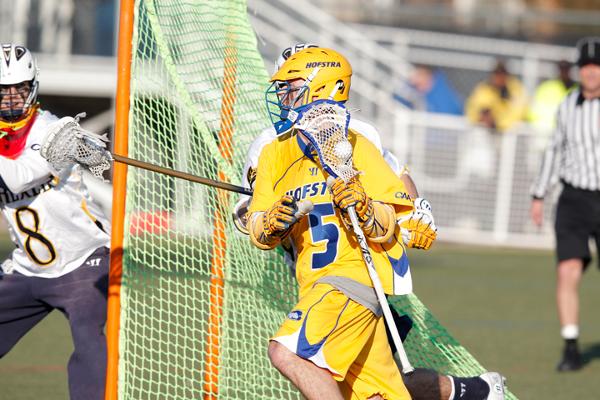
While the rest of the team does a dynamic stretch to warm up, the goalies are warming up in a different way with our goalie coach.
Now a lot of goalies, and goalie coaches have different customs in terms of what they trust and incorporate into their warm up, but I really enjoy ours.
First thing we do after we stretch is start passing the ball around to each other around the cage at a fast pace, a hard game of catch.
We then take a few steps in after enough rotations around and pick the pace up. This continues until we can almost smell each others breath, it’s a great way to get the hands warmed up.
I think for me it is very important to always do all of my throwing drills with my goalie stick. While there are certainly beneficial aspects to using a shorty when throwing around it can also make you develop habits that don’t translate over to your game time stick. In terms of getting warmed up with one, it’s not a bad idea, but I also have two different methods for this.
The first being using a goalie stick with no mesh (no stick drill described here). This helps you get your body in front of the ball as well as your stick (use tennis balls). The second being using a weighted goalie shaft, this will help you increase your hand speed as well as give you elevated shoulder and arm endurance.
After the game of catch we will go into foot latter drills to work the other very important group of muscles for us keepers.
Then we will bring it all together by doing some shadow stepping drills by stepping to stationary balls that we place in front of us (3 stations goalie drill described here).
We do all this BEFORE WE EVEN STEP IN THE GOAL!
The next thing we try to do is really engage our hand eye coordination by hopping in cage without our sticks. I’m sure a lot of goalies swear by playing without a stick to warm up, and that’s because it works.
You don’t need to throw it hard to really work yourself, and it gets your hands moving to the ball quicker. If you don’t do this lacrosse goalie drill I really recommend that you incorporate it into your warm up or your extra work, all you need is a friend and a ball.
Then comes the fun part, taking shots.
Every goalie is different in terms of strengths and weaknesses, so we adjust the shots we are taking to fit what need to work on, on any particular day.
It is obviously very important to get shots even to places where you see yourself as strong, but teams scout weaknesses just as much and probably more then strengths.
Goalies must take that into consideration, and during our practice time we try to do this consistently.
Throughout the rest of the practice, we can be doing anything from doing ground ball drills, passing drills, live game scenarios, or just listening to what our goalie coach thinks we need to focus on over the course of the week.
All of this comes together to make a complete practice for a goalie, if you’re not sweating by the end of it your doing something wrong!
Outside of practice our time is certainly more relaxed.
During the season the focus of our lifts is strictly to maintain. This is mostly due to the workload that the season brings with it, and the potential for injury because of overworking.
This means we will do shorter, and lighter lifts fewer times a week.
Like our practice, the goalies can a lot of times be focusing on different exercises then a lot of the guys. I know for me I like to primarily focus on long conditioning, explosive full body lifts, core, and jumping rope.
I personally believe that exercise consisting of those things makes me a better goalie simply based off of what is expected at the goalie position today.
In season I like to work out 3-4 times a week, I also compound my lifts with a lot of stretching, and rolling out with a PVC pipe to stay loose and prevent injury.
All of this is equally important to maintain balance as a goalie (for me at least).
The other parts of my week primarily consist of film and extra work like wall ball and getting shot on.
Film is very important for a few reasons. Perhaps most importantly is that getting the chance to watch yourself play you see what you cannot feel. Whether it is a hitch in how you move your stick when making a save, or an improper step.
If you are watching film on another team it also helps you dissect tendencies in the other teams shooters, which can help any goalie quite a lot.
I like to play wall ball at least 4 times a week in season, that number only goes up in the off season. I also like to get shot on about 2-3 times per week in season dependent on how much rubber I am seeing in practice.
Sometimes it is equally important to decompress and take a little bit of time to simply not think about lacrosse no matter how hard it may seem.
All of this work within the week culminates in everyone’s favorite day: Game Day.
Nothing like it, putting in all the work day to day and getting to walk onto your home field with your team colors on. This is why we play; this is why we put in all that work, from the first save of the game to the last, and every one in between.
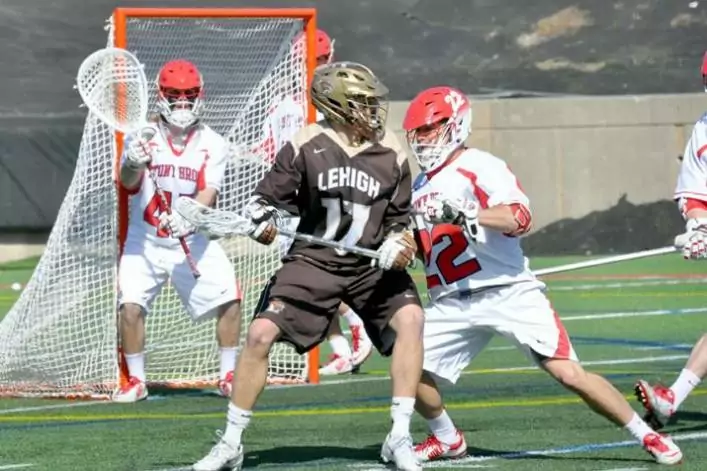
Fall Ball is quite a bit different from being in season; you are lifting and running a lot more, and practicing a lot less.
Whereas in the season we will be practicing 5-6 days a week, fall ball tends to be only 3-4 times.
We are also lifting 4 days out of the week, with a lot of added conditioning to make sure everyone is in shape when it comes time to start scrimmaging teams later on.
The practices are very high intensity so that all the new guys can get acclimated to the speed of the college game.
Where in the spring we will mostly focus on fine-tuning everything day to day, the fall we will focus on toughness, energy, and progression.
Most schools will also use the fall as a time to take a conditioning test, it is different for most teams, and for us has changed every year. If you don’t pass whatever test they put on the table, you don’t play till you do.
This is a make or break time of year, and while the starting lineup is generally far different from the spring to the fall you can pick out the guys that have IT and the guys that don’t.
Above all fall ball is a time to work on yourself, and your connection with your team, it is not to be taken for granted as it can significantly impact your next few seasons.
An explanation of IT: This does not necessarily mean skill; in fact I would say that is the smallest part of IT.
The majority of the guys on your team will have been All-Americans, Captains, Star Players, etc. What IT means is your ability to work hard, listen, learn, and progress.
Being coachable is something that is looked for at this level, if you have some flaws, but are a coachable player then you will be looked at in a positive light, it is not good to be on the other side of this.
A typical day for me looks like this:
- 7:00AM – Wake up, eat breakfast
- 7:45AM – Drive to class
- 8-9:30AM – Class
- 10-11:15AM – Lift
- 11:25-11:50AM – Lunch
- 12-1PM – Class
- 1-4PM – Practice
- 4-4:45PM – Wall ball, extra shots
- 5:30-6:30PM – Eat Dinner
- 7-10PM – Study hall
Not all my days are this packed, some days I may not be lifting, or a class will get cancelled, I might also simply be resting up.
Game Days and the day leading up to it tend to be quite a bit different, for the sake of showing the difference I will show an Away game schedule because of how different it is.
- 6AM – Wake up, eat breakfast, and check my travel bag.
- 7AM – Head down to locker room, double check everything
- 7:45AM – Get on bus and head to wherever we may be playing
- 12-2PM – Arrive, Eat Lunch, Check into hotel, get ready to practice
- 2:30-4PM – Get to practice field, suit up, pre-game walkthroughs
- 4-6PM – Back to hotel, Shower up, rest, get dressed for dinner
- 7:15-8PM – Team Dinner
- 8:15-8:45PM – Film
Rest of evening is off and time to relax.
Game day schedule varies by time of game but before the game we will always:
- Eat 1-2 meals
- Shoot around
- Go over game plan
- Cover any last minute questions
- Go beat our opponent
Finally, for those interested here’s the gear I use while in the cage.
- Stick: 2X Under Armour Headline
- Shaft: Shortened Warrior Burn Shaft
- Mesh: 12 Diamond Grizzly String king
- Helmet: Cascade R
- Gloves: Warrior Regulator 2 Goalie Gloves
- Chest Pad: Warrior Regulator Chest Guard
- Cleats: Nike Huarache
- Shorts or Sweats? I honestly prefer shorts, even in the cold. If it is manageable I will wear shorts always over sweats, I value speed in cage over the increased surface area and added protection of sweats. This is of course a user decision and no one is wrong on either side of the decision.
Note from Damon: Those are affiliate links so I’ll make a few pennies if you decide to purchase those items through those links. If you’ve gotten good value out of my site, please feel free to support me by using those links if you’re thinking of buying some lax goalie gear.
I hope you enjoyed that window into a week in the life an NCAA DI goalie.
My biggest takeaway from the conversation was the amount of work that is put in. Over 40 hours a week just on lacrosse activities? Wow, that’s impressive but it really goes to show what it takes to not only belong at this level but to succeed.
As you read through this goalie’s experience, ask yourself if you’re putting in the same level of work as today’s top goalies in the game are?
Until next time! Coach Damon
Do you like this style of post? Let me know about it in the comments.
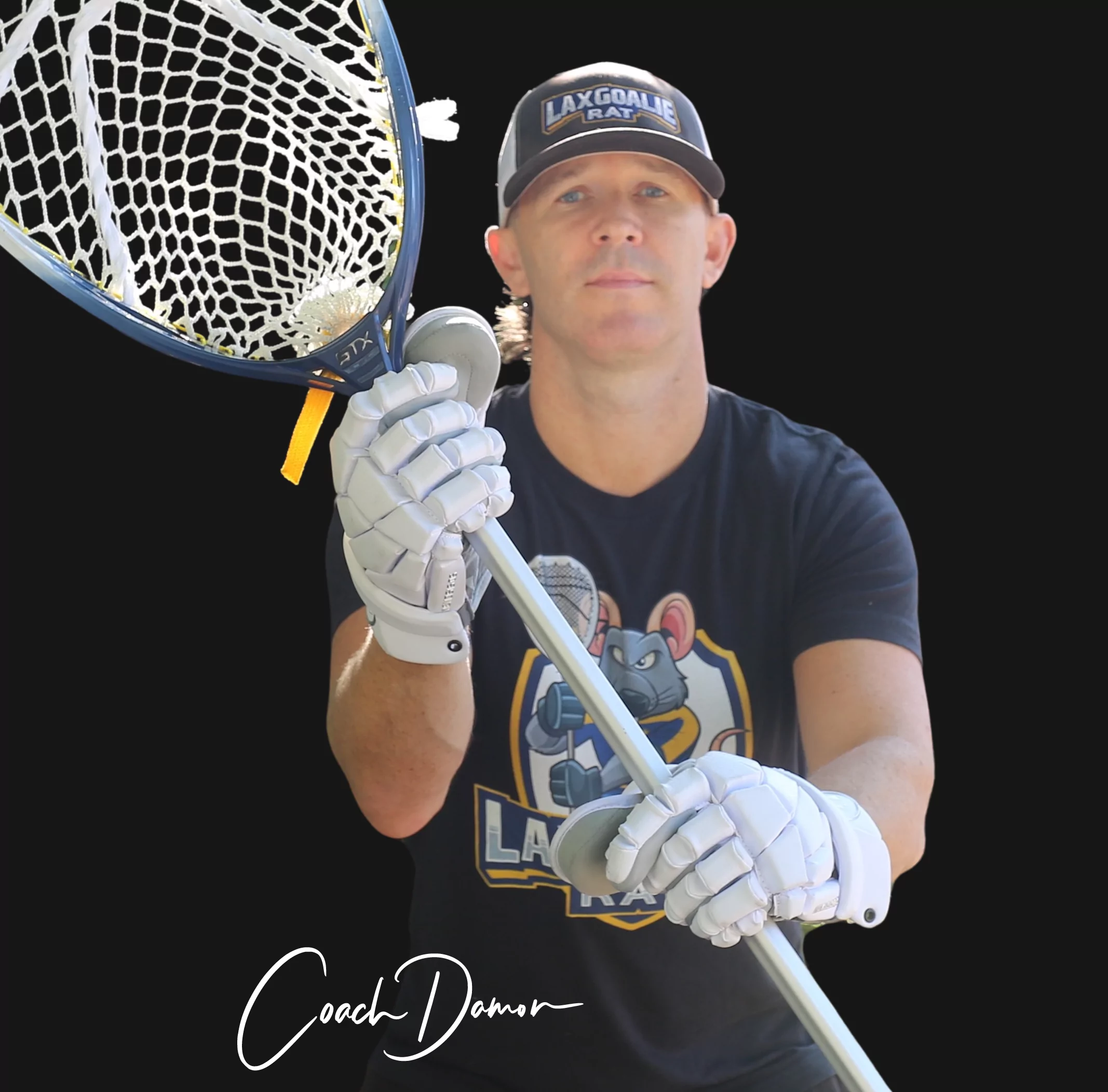







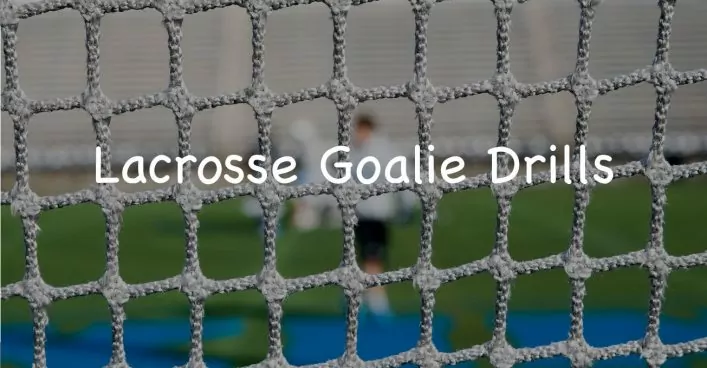 14 Amazing Lacrosse Goalie DrillsAug. 1, 2024
14 Amazing Lacrosse Goalie DrillsAug. 1, 2024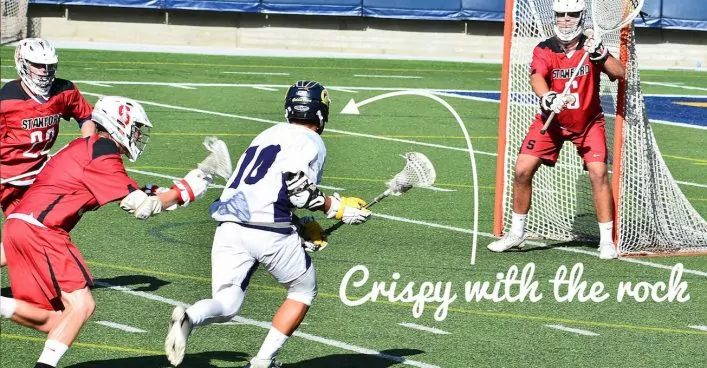 Quick Guide To Lacrosse Slang TermsApril 14, 2025
Quick Guide To Lacrosse Slang TermsApril 14, 2025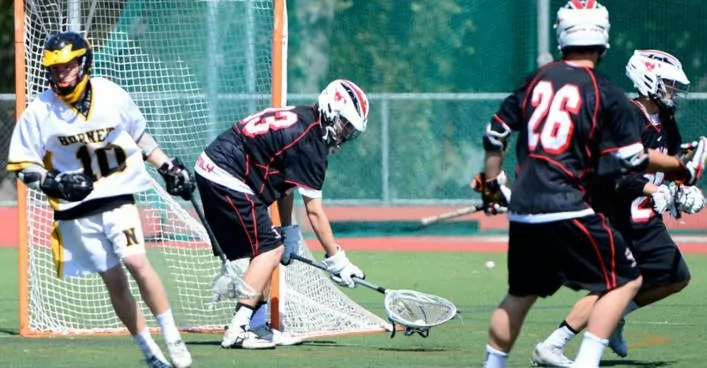 Lacrosse Goalies Rules To KnowJune 28, 2022
Lacrosse Goalies Rules To KnowJune 28, 2022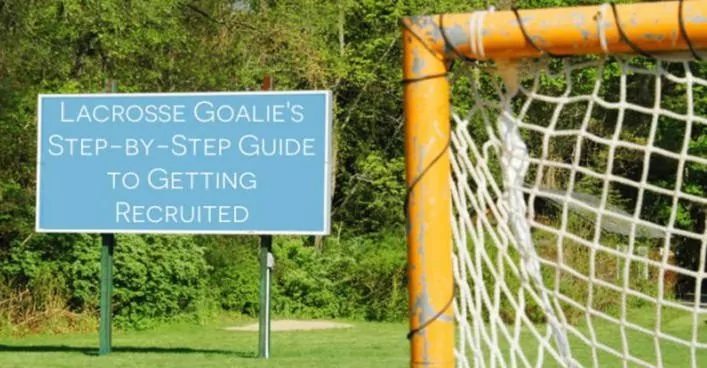 Lacrosse Goalie Step-by-Step Guide to Getting RecruitedFebruary 6, 2022
Lacrosse Goalie Step-by-Step Guide to Getting RecruitedFebruary 6, 2022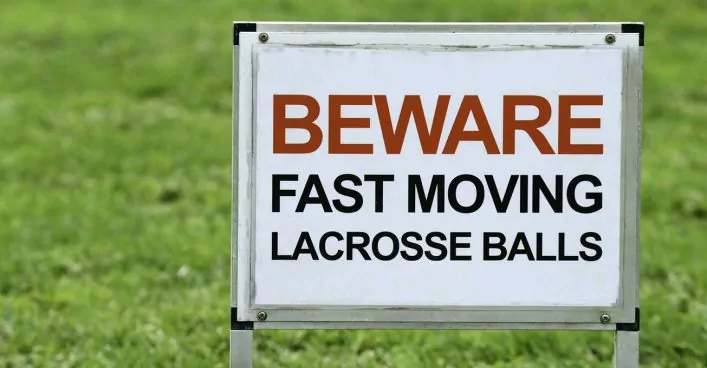 18 Lacrosse Goalie Drills to Improve Your GameApril 24, 2025
18 Lacrosse Goalie Drills to Improve Your GameApril 24, 2025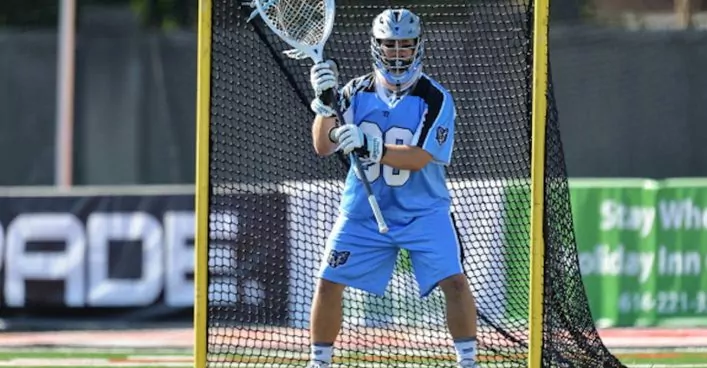 7 Elements of a Great Lacrosse Goalie StanceAug. 1, 2020
7 Elements of a Great Lacrosse Goalie StanceAug. 1, 2020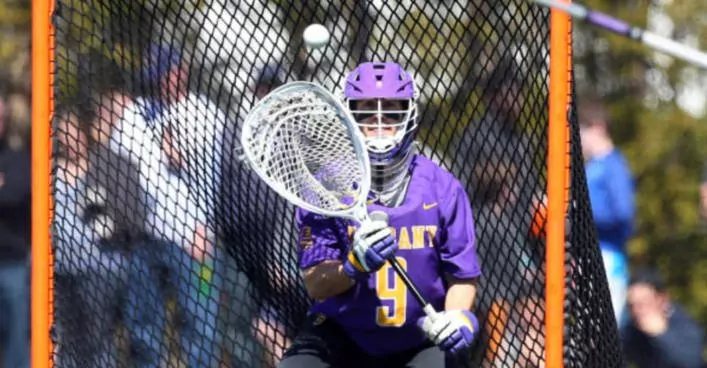 12 Lacrosse Goalie Tips To Take Your Game to the Next LevelSeptember 10, 2024
12 Lacrosse Goalie Tips To Take Your Game to the Next LevelSeptember 10, 2024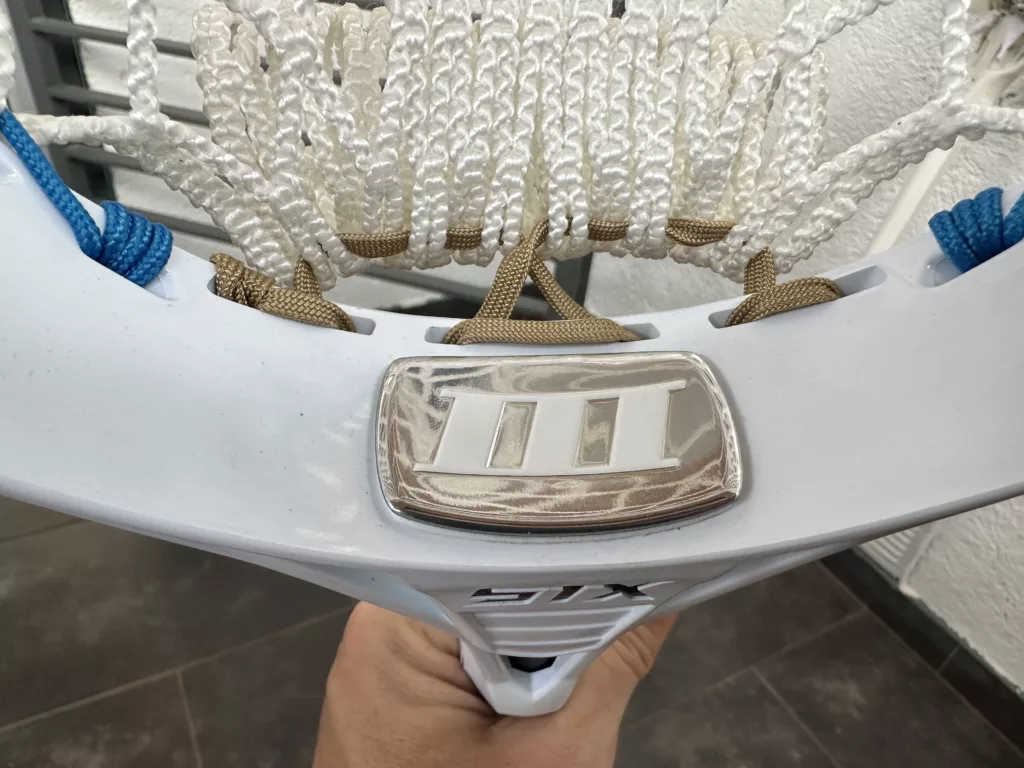 STX Eclipse 3 Goalie Head ReviewApril 24, 2025
STX Eclipse 3 Goalie Head ReviewApril 24, 2025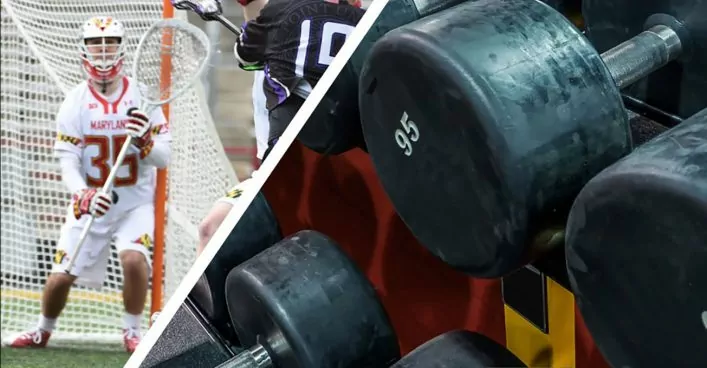 Lacrosse Goalie WorkoutAug. 12, 2019
Lacrosse Goalie WorkoutAug. 12, 2019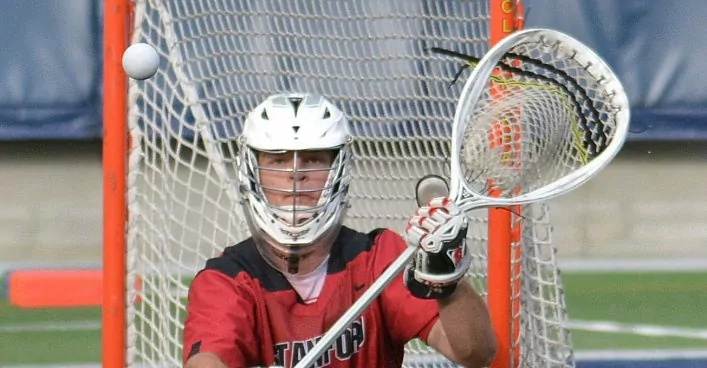 The Basics of Making a SaveJune 29, 2021
The Basics of Making a SaveJune 29, 2021


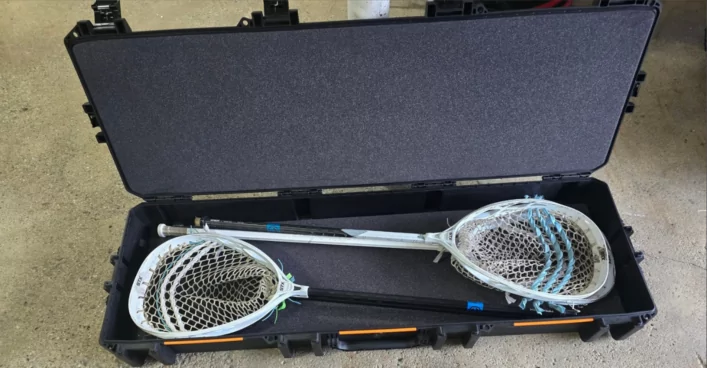
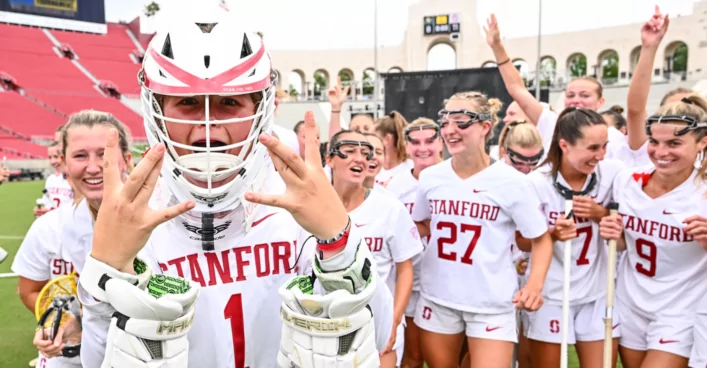
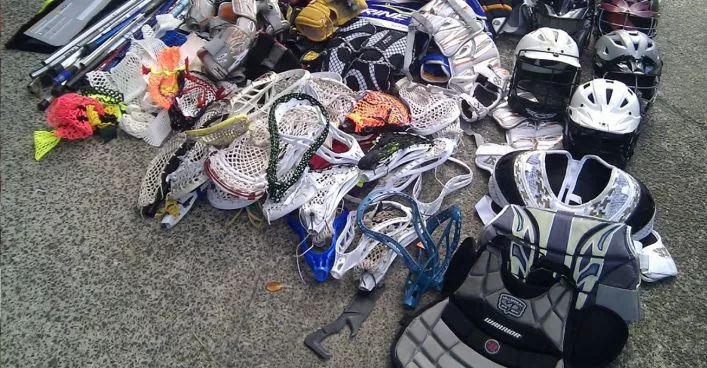

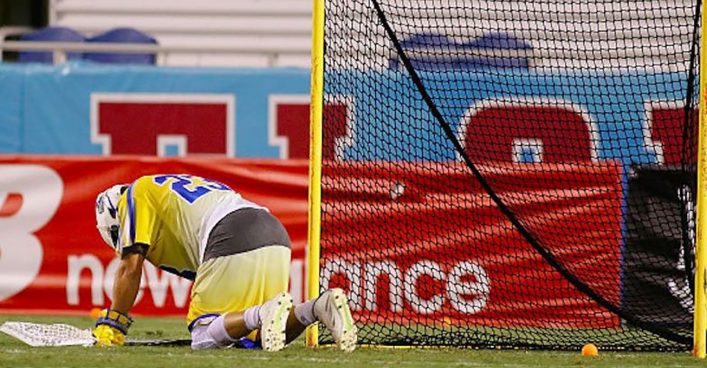
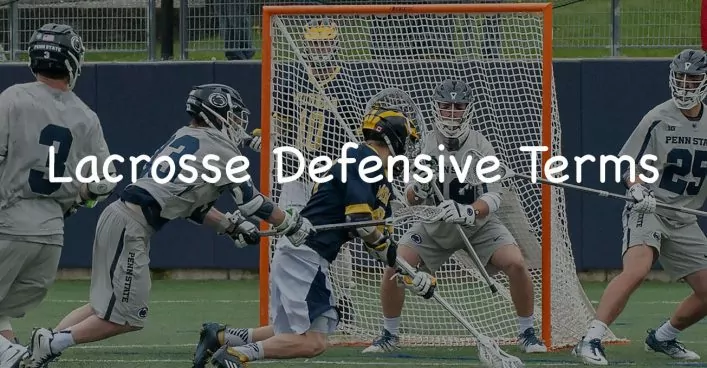
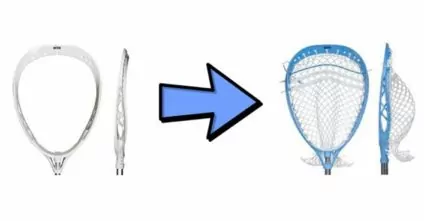
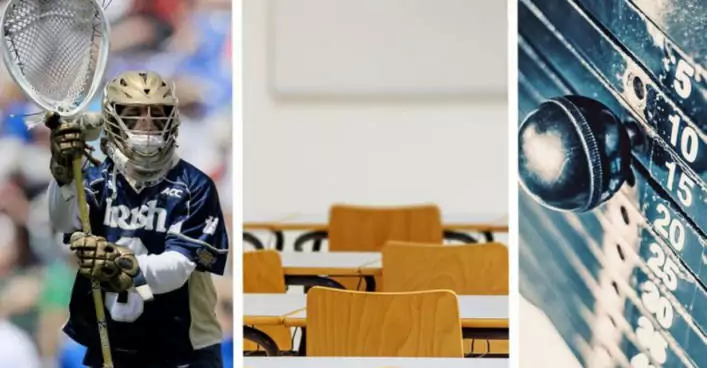






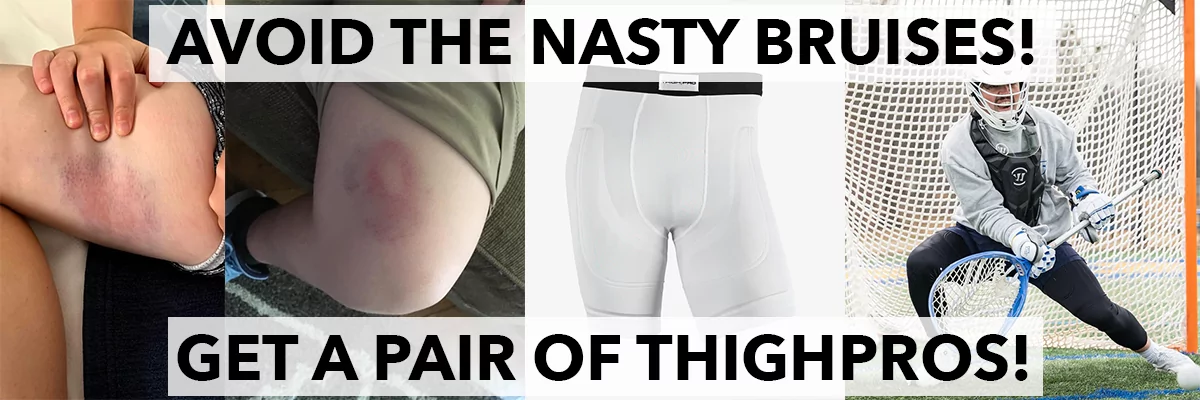

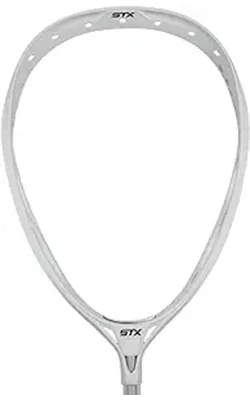

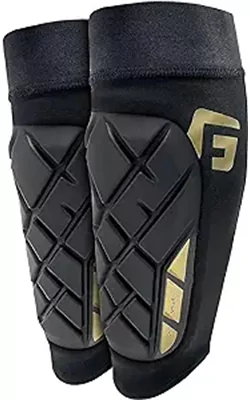
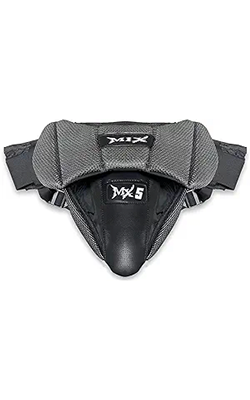

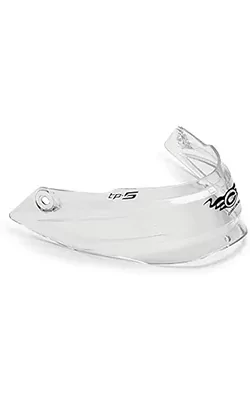
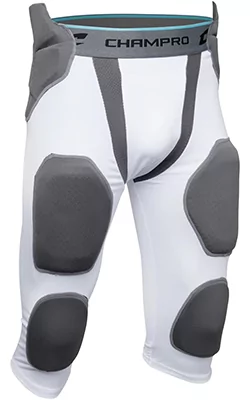
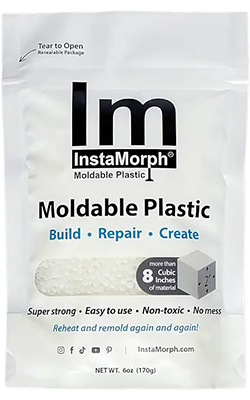
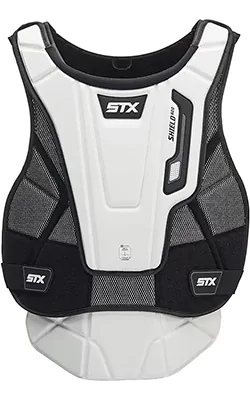
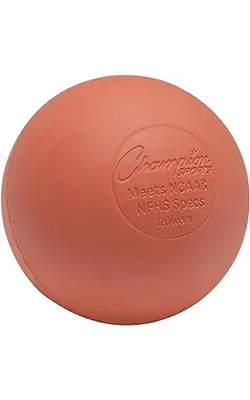
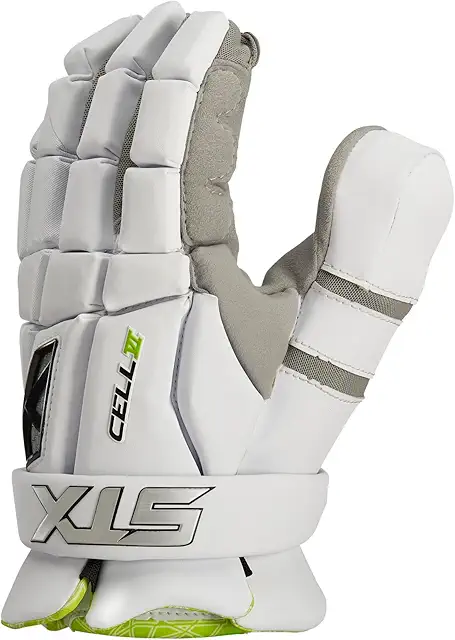
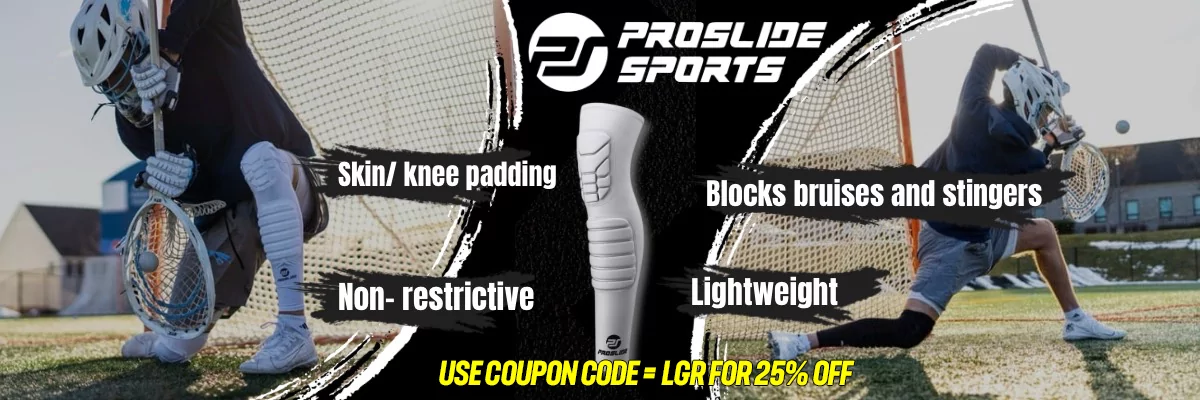

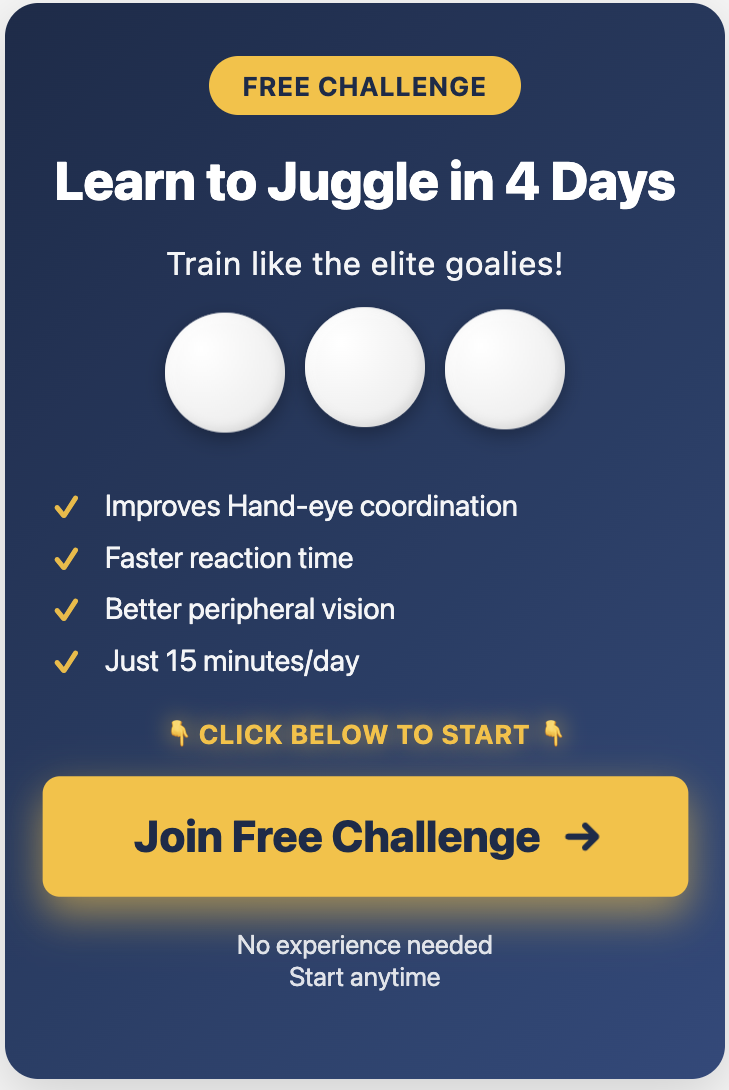



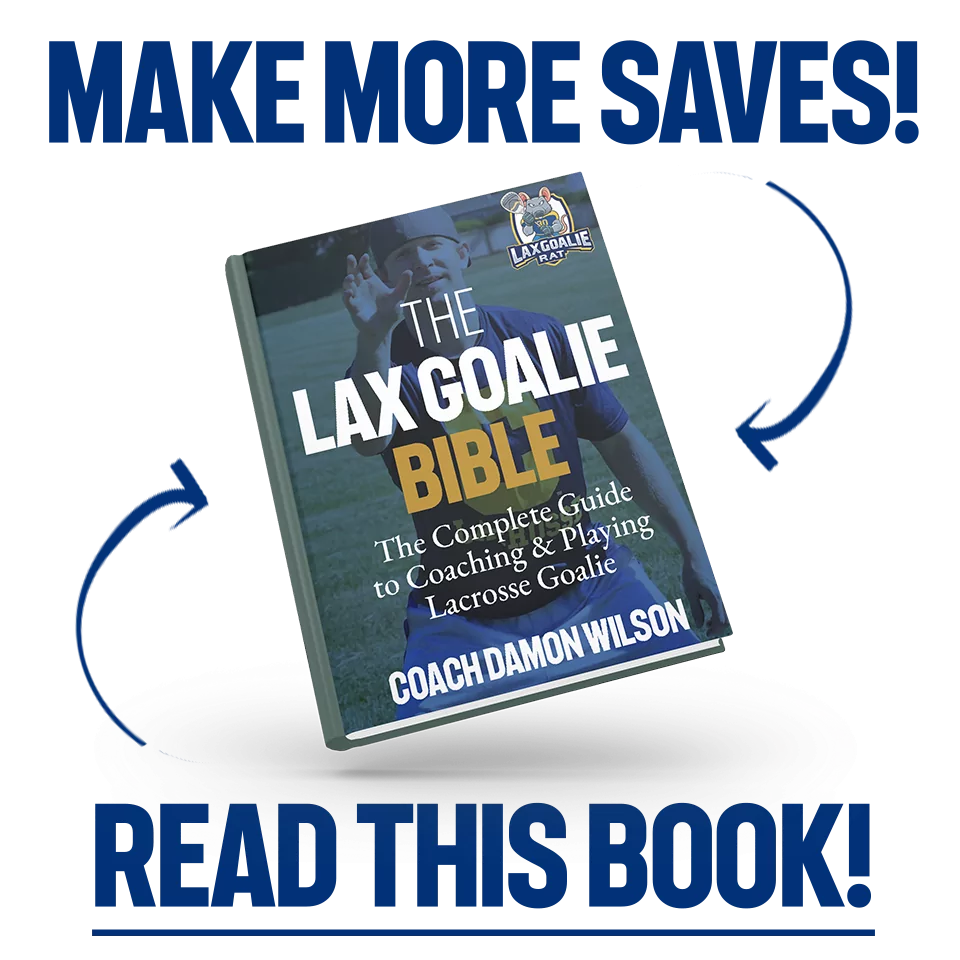
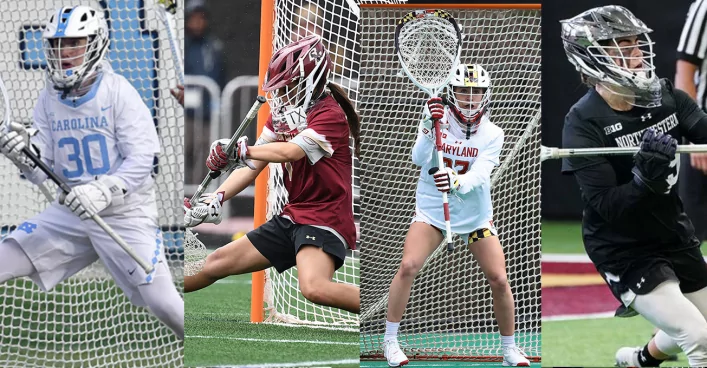
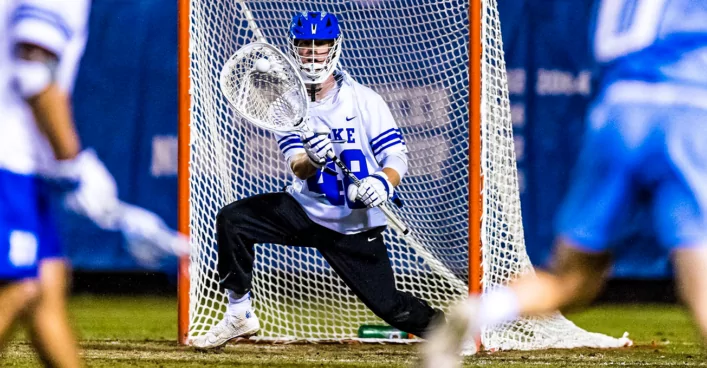

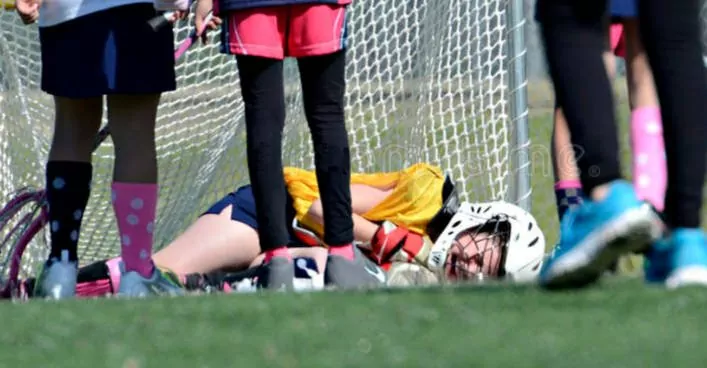
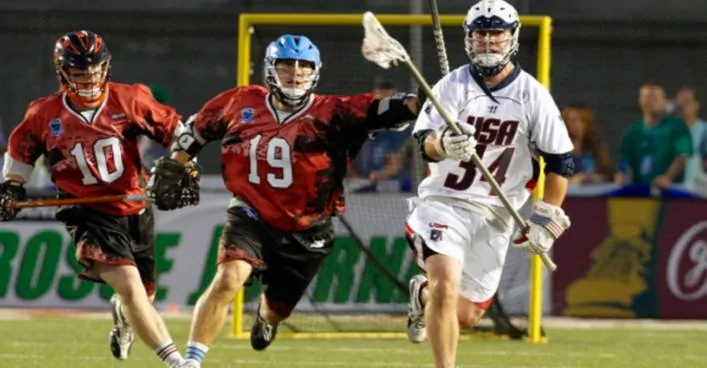




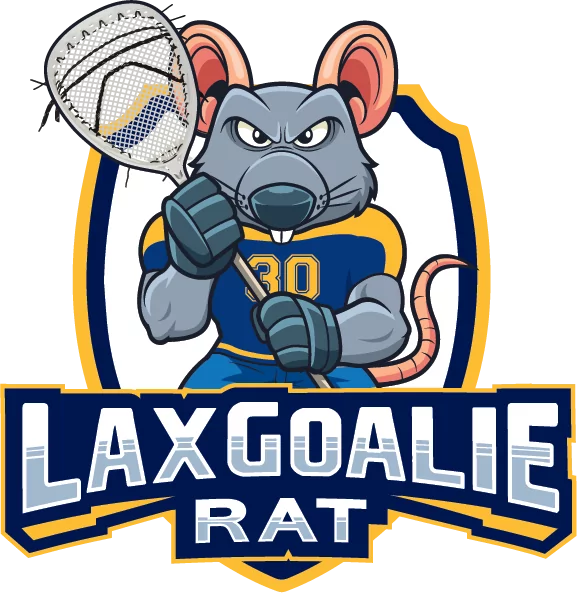




Well done, hard work, positive attitude and you will be successful.
Definitely! Thanks Botts!
Can you write an article of ways to prepare in high school to get ready for college play (conditioning to prepare for the run tests, warm-up drills, wall ball routines, etc) so that people who don’t have the resources to prepare for these things can work on them on our own?
Yeah I’ll put that on the list.